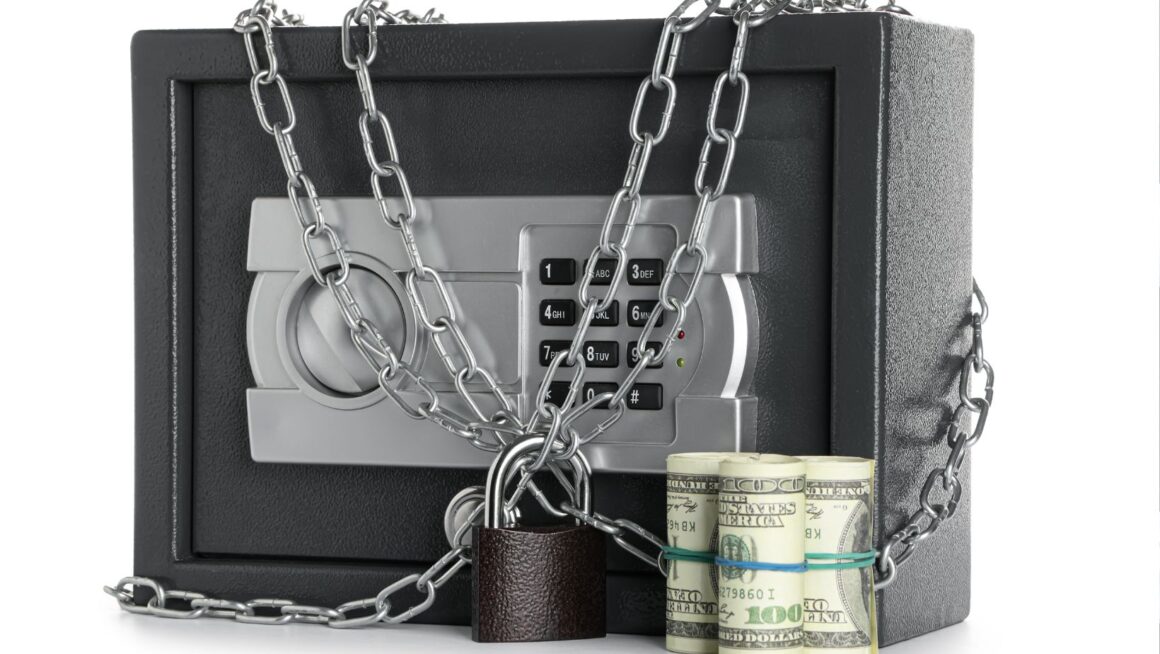
Signing a new lease is an exciting start to the process of renting out your new place, but sometimes it comes with a substantial upfront cost: the security deposit. This one-time payment can feel like a daunting fee, so many renters wonder exactly what it is, why it is so much (and when they’re supposed to get it back), and how this may even be an option. Understanding everything you need to know about security deposits is essential if you’re looking for a way to navigate the rental world more successfully. This post will walk you through everything from writing the check, to hopefully getting it back…
What exactly is a Security Deposit?
This doesn’t necessarily mean that it’s an extra fee or a non-refundable contribution for the pleasure of moving in. The security deposit is held in trust for the landlord to cover some potential costs such as a security deposit the landlord might incur as a result of the tenancy. Currently the main uses for the baseline are to cover unpaid rent at the end of the lease and to cover repair costs for any damage to the property beyond normal wear and tear. That said, landlords do have security requirements so their valuable asset will be safeguarded. This deposit will offer that.
Breaking down the Cost
This is the million dollar question for every new renter. The exact amount you’re going to be asked to pay isn’t a hard and fast number. It is largely determined by state and local regulations. In most jurisdictions, you’ll be asked for a security deposit equal to a month’s rent. This will often change, however. If the rental market is competitive, or if you’re interested in a very expensive apartment, maybe a landlord will ask for a deposit equivalent to one-and-a-half or even two months’ rent. Some states also have legal maximums: in some states, a security deposit may only be charged at the maximum, such as two months’ rent. You need to do some digging about your local tenant’s law to determine the limits to your situation. Security deposit money is one of the first things you want to ask a prospective landlord to budget appropriately.
The Upfront Costs: More than Just the Deposit
When someone asks you how much they are willing to pay for a new apartment it is always very important to realize that the security deposit is often not the whole picture how much is a security deposit You may also be required to put down a month’s rent (i. e. the first month) or even your last month’s rent right away. Many landlords (and sometimes property management companies) will charge an application fee/administrative fee to cover the cost of background checks and credit checks. Do not confuse the fees with the security deposit. These are separate charges you will not get back. Being prepared to go through the entire “funding equation” before applying will make it much less stressful when you arrive on move in day.
Understanding “Normal Wear and Tear” vs. Damage
Difference between normal wear and tear and actually damage is the single biggest sticking point in terms of deposit deductions. Learn the difference so you can get most if not all of your deposit back. Normal wear and tear is the gradual and natural wear and tear on the building that happens over a period of time as a tenant rents out the property. It could be something as small as bumps on the carpet in the high traffic areas of the building, a few small scrapes on the walls, faded paint or a loose door handle. Damage is the result of a tenant’s negligence, abuse, or accident. Something as large as a hole in the wall, a broken window, stained or ripped carpet, and large amounts of water damage from an overflowing bathtub, etc. To pay for damage, you’ll need to claim most, if not all, of your deposit back.
The Role of Property Management Companies like
Today, rents are more likely to be rented through a professional property management company than a person at random, such as a landlord who just hires you. Companies like Baselane have come in and added financial automation to the mix to make things easy for both landlords and tenants. As a tenant, it’s worth knowing what sort of procedures a company in this field has in place for their deposits. Good ones will often provide clarity and structure to the process. They may also use digital platforms for payment and documentation which may create a more transparent record. But the main thing is how much is a security deposit. The company still has a legal obligation to hold your deposit in a specific type of account and back it with interest (if allowed by law) minus any legitimate deductions.
The Move-In Inspection: Your First Line of Defense
And pay special attention to any issues that might have been present, not just small ones: a chip in the counter top, a scratch on the floor, a stain on the blinds and document it on your checklist.

That will be the final, non-negotiable form of proof that the home was not habitable prior to moving in. You cannot get a landlord to start charging you for damages done years ago.
The Security Deposit Return Process
When you move out of the property (and give back the keys to the landlord) the clock starts ticking on the return of your deposit. State laws really limit the time frame for the return of the deposit, ranging from 14 to 30 days, generally. If they are putting the money in escrow and withholding, they must provide an accounting of all deductions that is, why the deduction is being made, and the price for the repair or cleaning. You can’t be charged for anything that satisfies normal wear and tear. The landlord cannot charge you for the full cost to re-cover a 15 year old carpet. They must charge you for the remaining depreciated value of the carpet. If you don’t get an accounting of all deductions and your refund within the legal time frame, you may have a cause to take legal action.
Conclusion
I’ve heard about a security deposit in the rental agreements, and I know this one too. However, what you really need to know is how it works and what your rights as a tenant are. Basically, the more you understand what your rights are, the better. You should also make sure to document the baselane, communicate directly with your landlord, and that the law is in your favor as far as fair treatment is concerned. Essentially, the goal is to be responsible, keep the area in which you are renting in good condition, and when you move out, you’ve got your money back for the investment that you made in your home. You really do need security of mind when you rent, and that’s from being informed and prepared.







